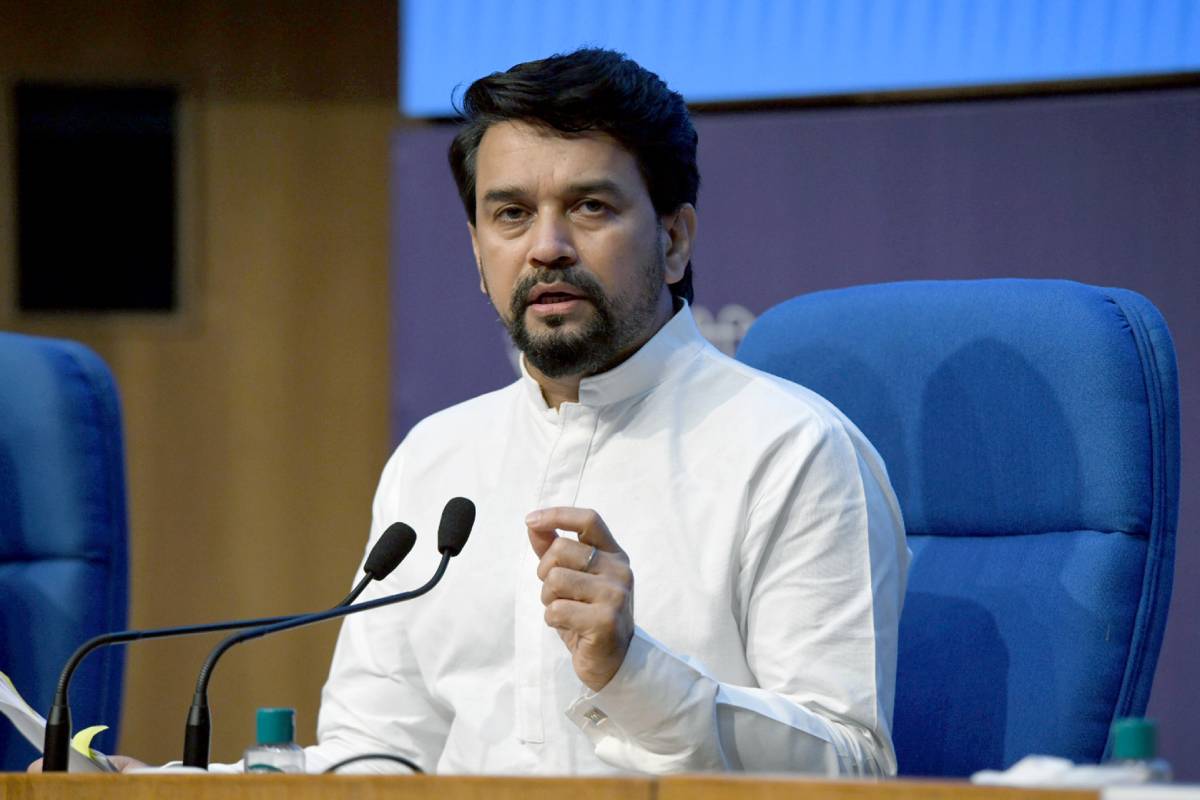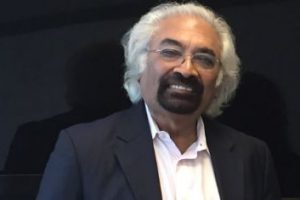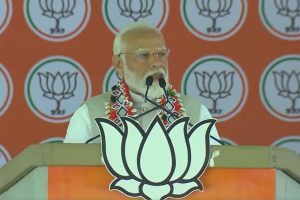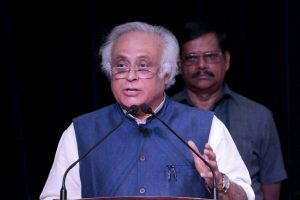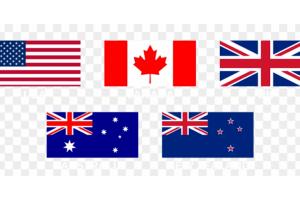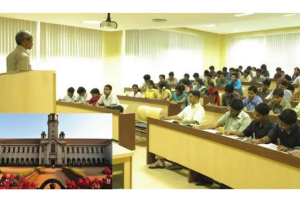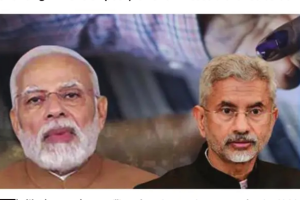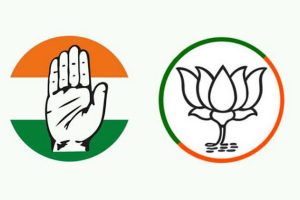Union Minister for Information and Broadcasting Anurag Thakur on Friday said that the Indian Information Service (IIS) is the frontline defender of India’s official information system that protects India’s interests and shields India’s democratic structure of governance.
Speaking at the valedictory session of Indian Information Service Officers of 2018, 2019 and 2020 batches here, the minister said that the IIS proudly and very adequately serves that role of communication and outreach.
Addressing senior officials of the Service and trainee officers at the Indian Institute of Mass Communication, Thakur said that soon the officers would be entrusted with the crucial role of communicating to the people via various media key information about the policies and programmes of the Central Government.
The officers, he said, were entering the service at a time when a mere 280-character tweet has the power to influence a staggering eight billion population worldwide. In this technology driven era, the officers would compete with non-official information disseminators to provide more reliable and wholesome information.
With emerging technologies continuously shaping the media landscape, he encouraged the officers to become well-versed in cutting-edge tools, trends, and techniques to effectively engage with audiences and communicate the messages.
He prodded the officers to actively seek out and explore new opportunities for connecting with citizens. Mr Thakur highlighted that the task ahead is fraught with challenges. He offered a 5’C “mantra” that will guide communication for India@2047.
These five Cs, he said, were Citizen-Centric Communication meaning communication be focused on the needs and interests of citizens, ensuring that it is accessible, inclusive, and understandable to all.
Secondly, he said, it was Co-Create with Target Audience i.e., to involve the target audience in the creation and design of communication and messaging to ensure it is relevant and resonates with them.
Then, it is Collaboration, i.e. work together with stakeholders to achieve the best outcomes and leverage each other’s strengths and expertise. The next, he said, is Contemplation, i.e., taking time to reflect and evaluate the effectiveness of communication strategies to make improvements and adjustments as necessary.
Finally, it is Capacity Building, involving continuous development of skills and knowledge to be adaptable to evolving technologies and challenges in the communication field.
Thakur drew a parallel with the time when the Service was set up and the global Information Order was taking shape. “We are now witnessing the birth of a post-pandemic New Information Order as geopolitical lines of alignment are being redrawn and geo-strategic concerns are being reframed,” he said.
“Once again, we are seeing the West giving shape and form to the New Information Order, with Big Tech firmly aligned with them,” he said. The Minister cautioned that this could squeeze out the autonomy of nation states to decide what is best for them.
“Herein,” he said, “lies a role for the Officers who must become a bulwark against externally enforced information order. India, as the world’s largest democracy, has to be an equal participant in giving shape and form to the New Information Order.”
The minister stated that the primary task of the Officers would be to fuel an informed understanding of issues so that public discourse is well-informed, as a public discourse which is ill-informed weakens the nation, tarnishes its institutions, and weakens trust in the elected government.

